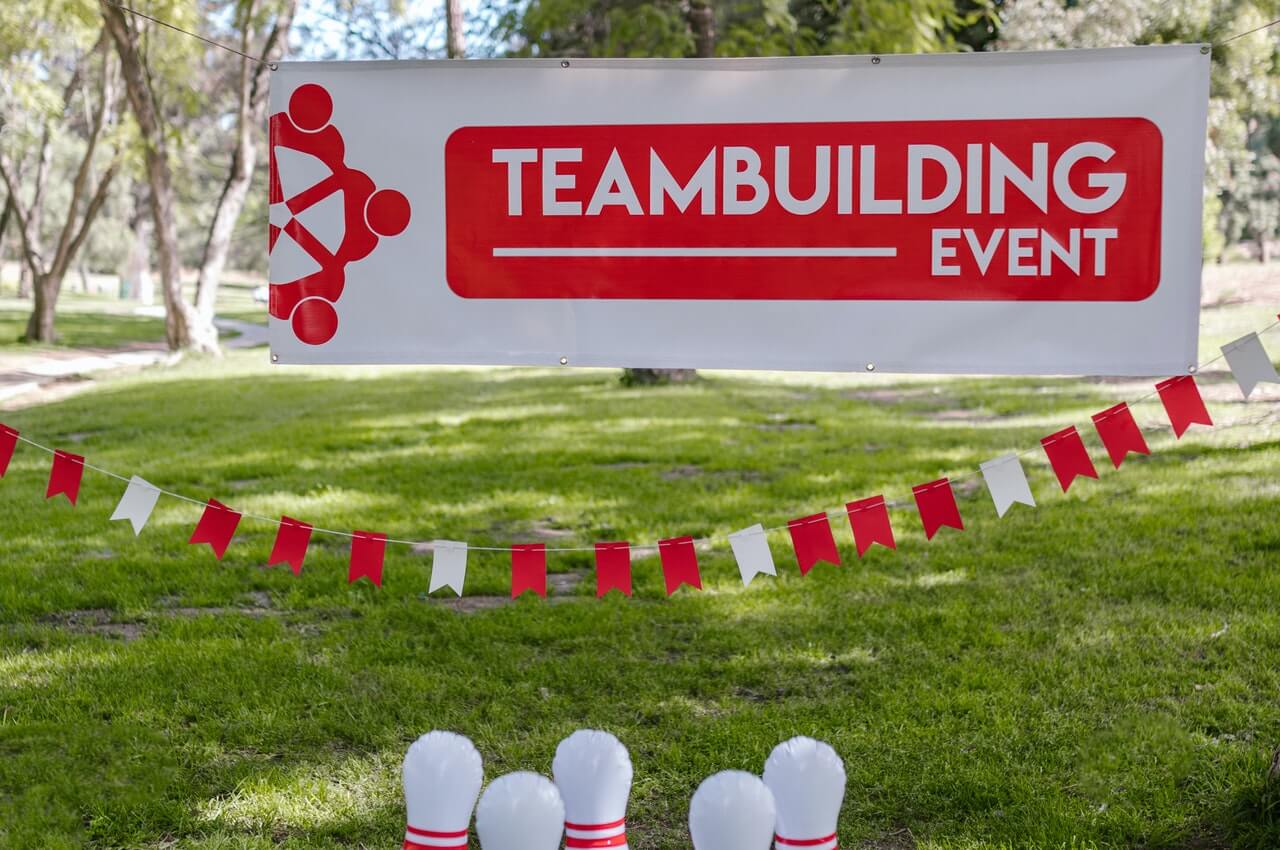Many leaders and organizations bring in a team building expert when things are going horribly wrong, feel better for a day or two and predictably go back to the same old type of interactions. This approach gives team building a bad name or makes it appear ineffective when it can actually be a powerful tool …
Human Resources/
Performance Management
The topic of employee engagement seems to be one that is quite popular in recent years especially with all the changes that have occurred in the landscape of the workplace. It has been sited that a culture of high engagement is necessary to help overcome the fear of the fleeting workforce with the improvement of the economy and the increase in hiring in some organizations.
Based on five dysfunctions of a team Patrick Lencioni pinpoints the issue of building a great team and group behavior. “Team building is not complicated”, declares Lencioni, president of his own management consulting firm and author of The Five Dysfunctions of a Team. Watch the short video below hear Patrick’s great advice:
Despite rising unemployment recruiters of senior managers are claiming it is still far from easy to attract talent. People in secure employment are far less willing to switch jobs than they were two years ago. It is therefore imperative to develop the talent within our organisations, a fact supported by a Deloitte survey
The most important word in your performance management strategy may be one that typically does not come to mind. Let’s consider a couple of the ways in which we encourage, teach and train our leaders to improve the performance of their teams.
This quick team building exercise gets small teams to communicate when they can’t see one another or their progress. Communication is the key to success with this team building exercise Overview The challenge is to take a length of rope and lay it out on the ground to make a perfect square. Throughout the task …
What separates the greatest teams from the rest is their mix of talents and, crucially their understanding of one anothers’ strengths. When team building there are a number of questionnaires (or psychometrics) that can be used to help teams identify their strengths and preferences. When this information is used to assign roles and tasks true …







